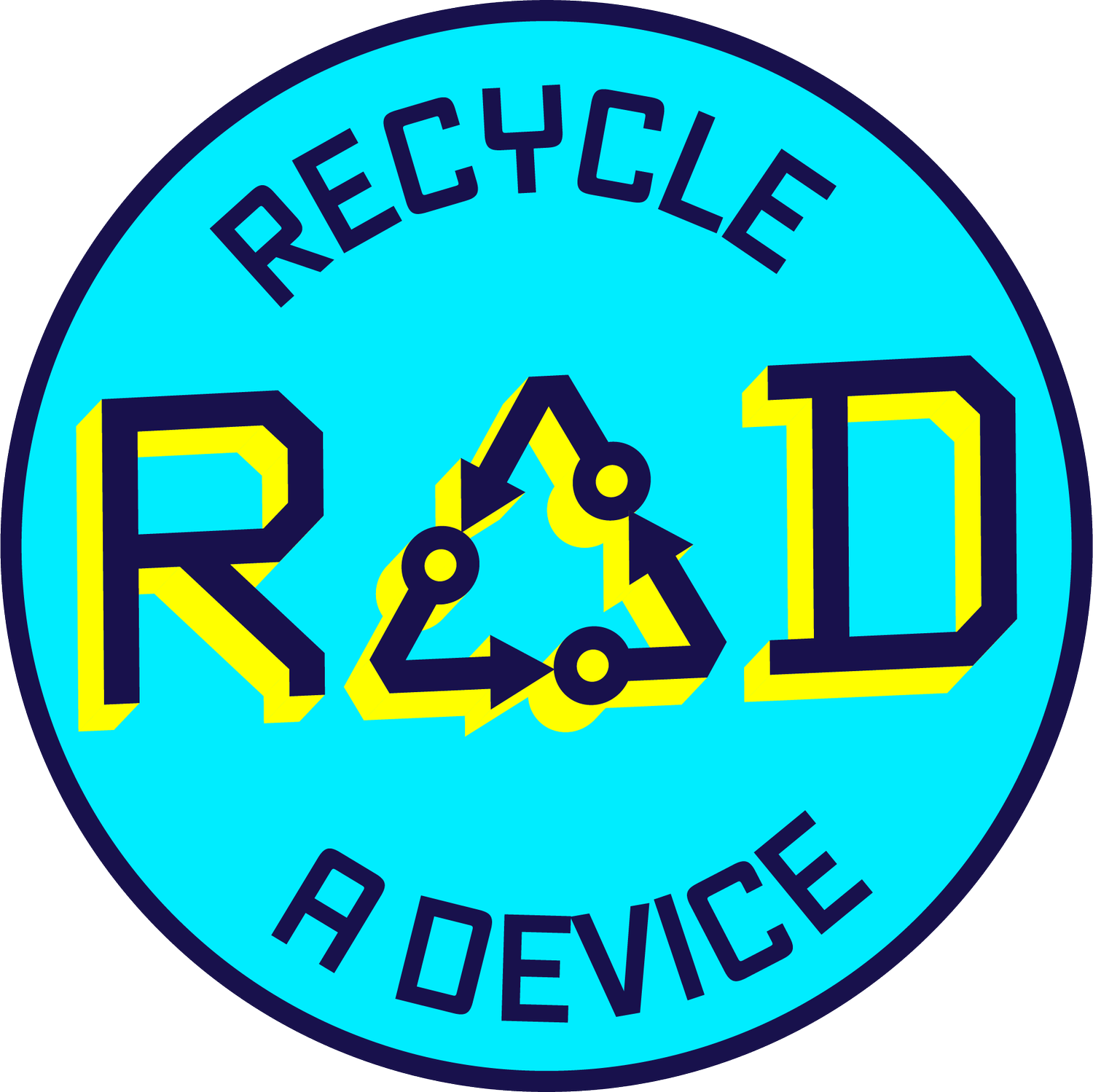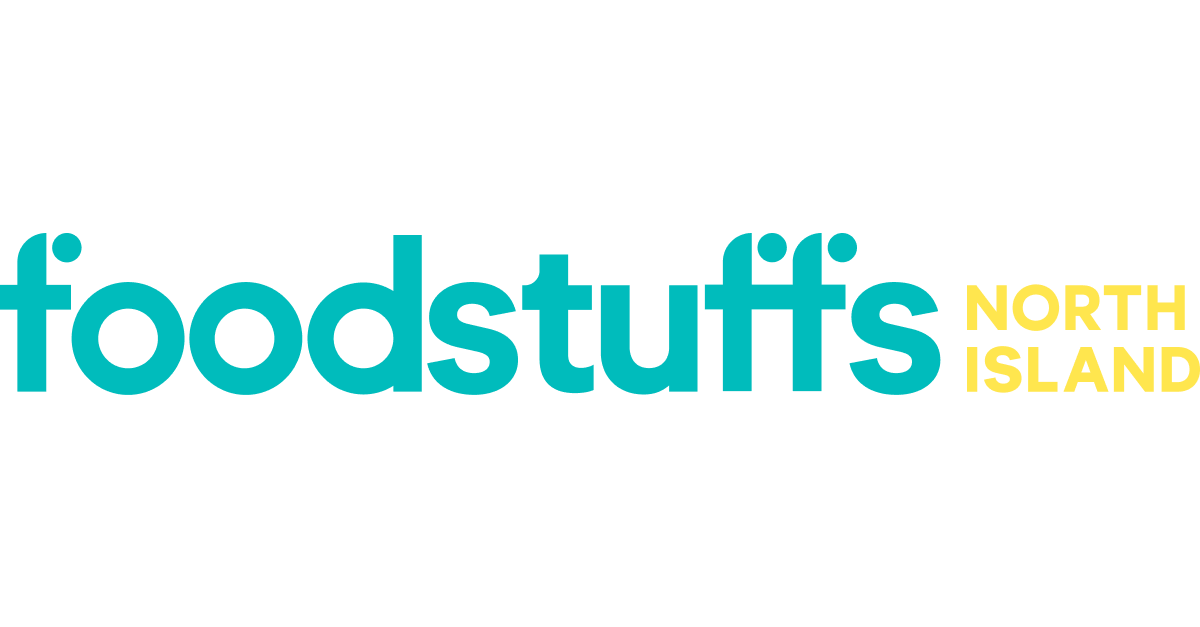
Donor story: Foodstuffs North Island
At a glance
Foodstuffs North Island (FSNI), the 100% New Zealand owned and operated co-operative behind all the New World, PAK’nSAVE and Four Square stores in the North Island is helping to reduce e-waste and lessen New Zealand’s digital divide. They are working with Recycle A Device (RAD) to provide refurbished laptops for rangatahi (young people) who otherwise wouldn't have access to appropriate devices.
Each month, Foodstuffs North Island donates laptops to RAD, which are refurbished by specially trained rangatahi. These refurbished laptops are then donated to community members and school students who need them for employment, education, cultural expression, and general participation in society.
FSNI uses around 1,300 laptops across its support and distribution centres. The co-operative buys around 300 more annually to replace retired assets and has pledged to donate these old devices to RAD as they leave their warranty.
224
laptops donated by Foodstuffs North Island to RAD, of which 209 were refurbished and gifted
98
rangatahi developing STEM skills at 7 schools or community groups. Refurbished laptops distributed by 14 organisations to bridge the digital divide.
“As a proud New Zealand owned and operated co-operative, it means a lot to us to see the real benefit for New Zealanders that RAD delivers.”
Carl Layton, Foodstuffs North Island User Technology Manager
Why Foodstuffs started working with RAD
During the COVID-19 lockdowns, the team at FSNI decided the time was right to update their e-waste recycling process to get laptops that were no longer fit for commercial use into the hands of New Zealanders who were struggling to work, learn and socialise from home.
The co-operative has made a commitment to be ‘Here for New Zealand’, which includes striving to be sustainability leaders and supporting local communities to thrive.
How it works for Foodstuffs
The process for Foodstuffs North Island partnering with RAD was quick and easy. The logistics of donating equipment to RAD and the subsequent data security processes were tackled upfront. It was really important to the FSNI team that RAD had clear processes, and once these were understood and ways of working were established, the first donations were made.
RAD have focussed on updating their processes to deliver regular updates to supporters, like FSNI, on all the positive impacts their work is having. This has helped increase engagement at FSNI because team members better understand how their co-operative is supporting the community alongside RAD. It also provides great content for external reporting and helps develop the Foodstuffs and RAD partnership.
“At Foodstuffs, we believe in supporting our local communities – it’s in our DNA. Working with RAD just makes sense, as it supports reuse of valuable materials, it diverts e- waste from landfill, and it supports communities.”
Sandy Botterill, Head of Environmental Social Governance




